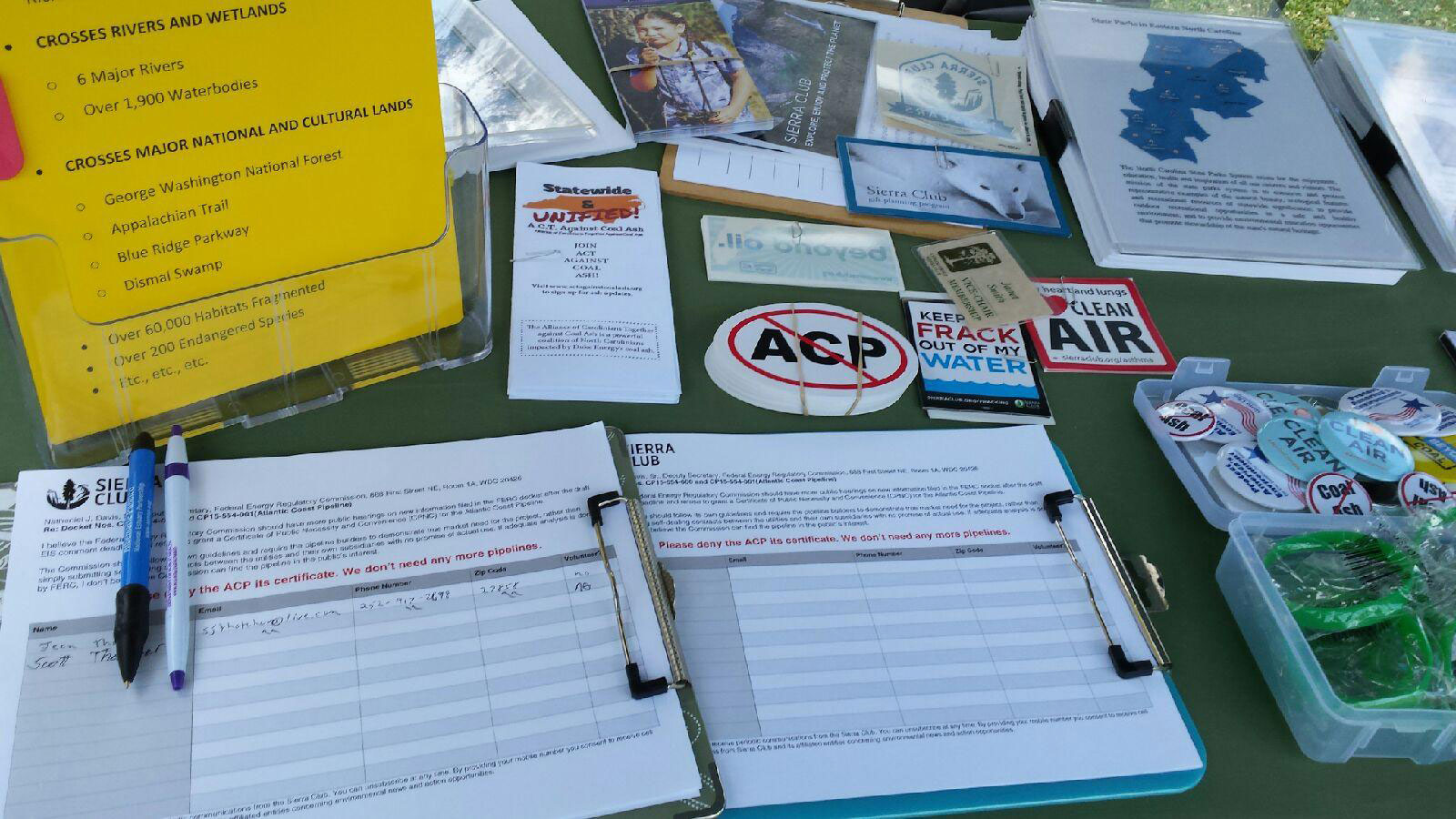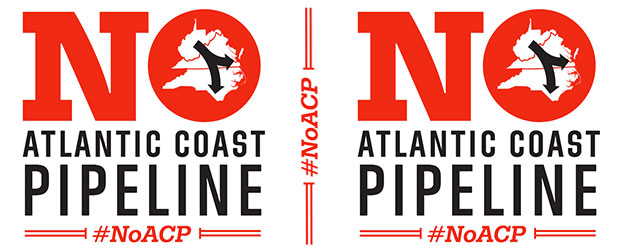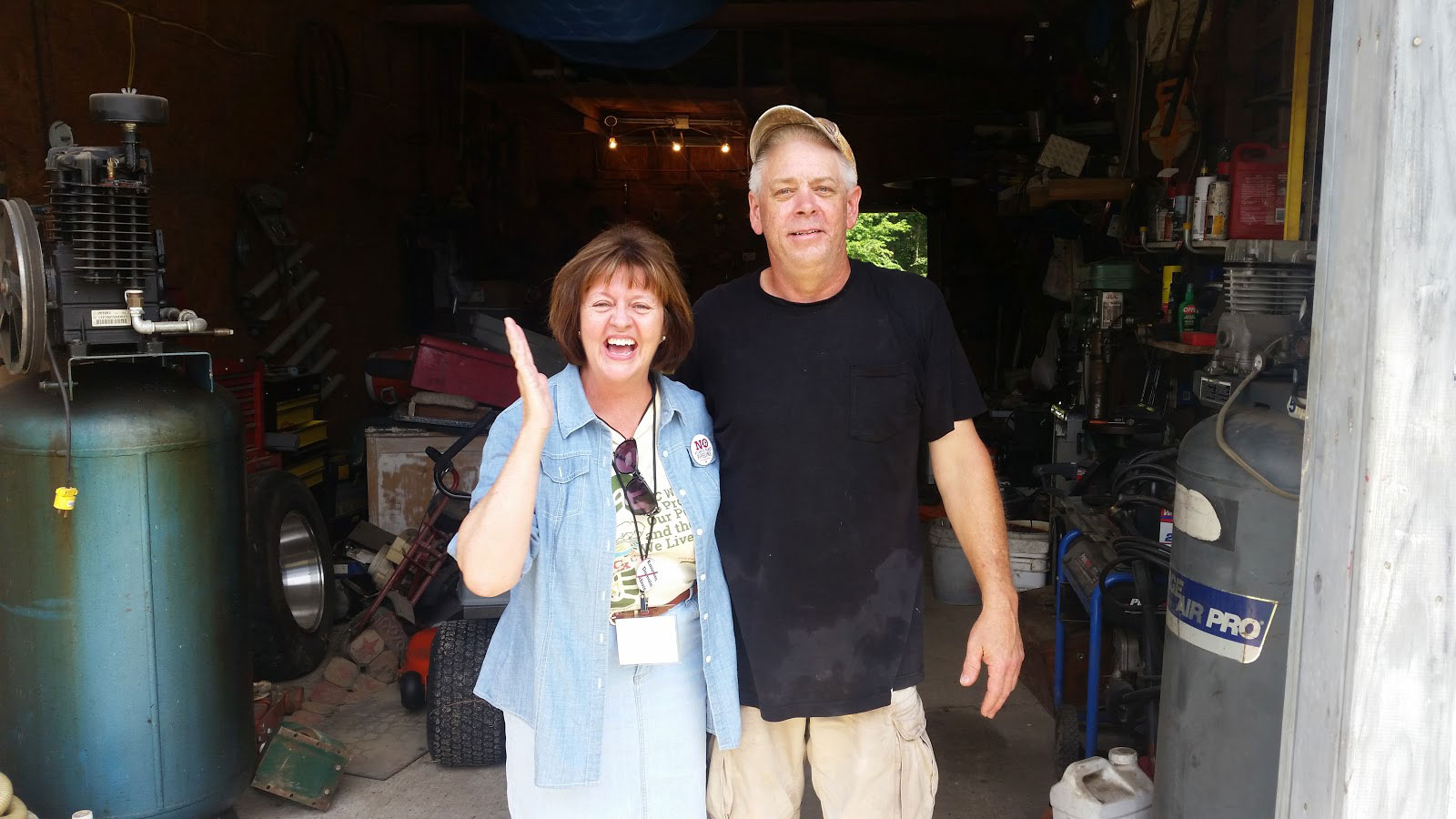It was early on a Saturday morning as I drove down to Robeson County, North Carolina. Vans whizzed by me loaded down with bikes, fishing rods, and coolers as families headed for the beach on the first weekend since school let out. You could almost smell the sunscreen wafting out the windows. But instead of a relaxing weekend spent enjoying North Carolina’s beautiful waters, I was heading to meet up with a group of a dozen committed activists planning to talk with landowners that day.
Less than 24 hours earlier, the North Carolina Department of Environmental Quality (DEQ) issued a notice to the public basically saying we have 60 days to speak up for protecting clean water… and people immediately sprang into action. It is important all North Carolinians know we have this opportunity to submit comments on Duke Energy’s proposed Atlantic Coast Pipeline route, set to cross more than 560 waterways in the state. In particular, there are two chances to speak up in person: at public hearings in Rocky Mount and Fayetteville in mid-July. That’s why this group gathered: to get out and talk to landowners potentially facing eminent domain from monopoly corporations like Duke Energy, face to face by knocking on doors and let them know about the upcoming public hearing happening in just a few weeks.
At the same time we were meeting up to go over our talking points and protocol, another group of committed volunteers was setting up a tent in the humid North Carolina heat to talk to festival-goers at the Carolina BBQ Festival. Now whether you like your barbecue made with vinegar or tomatoes, everyone can agree we need clean water. So in Greenville the local Cypress group had information, stickers and other materials to hand out to the more than 2,000 people who attended this event. In the East, people were already starting to hear about this important opportunity and getting educated on what they could do to protect clean water.

Robeson County is one of the poorest and most diverse rural counties in the country, and is the home to the largest indigenous population east of the Mississippi, the Lumbee Tribe. So it’s inspiring to see groups like EcoRobeson, a group helping build resistance to the planned Atlantic Coast Pipeline (ACP), leading efforts to speak to more than 60 impacted landowners in just one day. In fact it has already prompted similar efforts across the state.
Now, as we enter week three of the comment period, it is essential we #resist this project Trump is pushing as a proposed “infrastructure” project by exposing it for what it really is: a dirty and dangerous pipeline utilities like Duke Energy want ratepayers to pay for.
What you can do:

